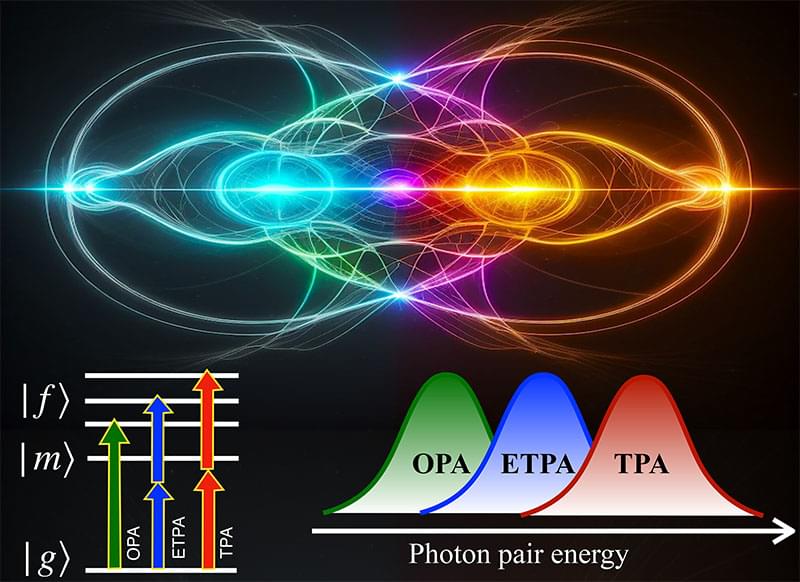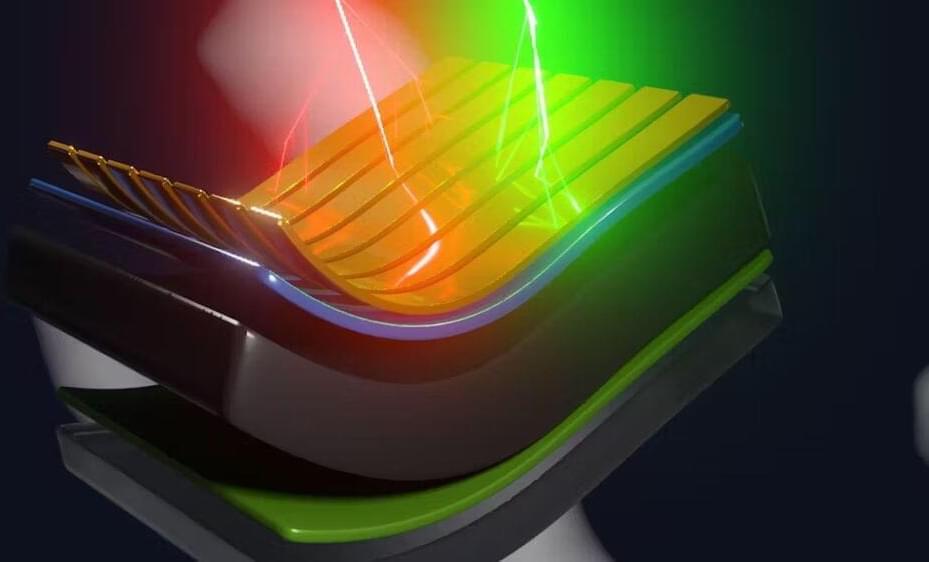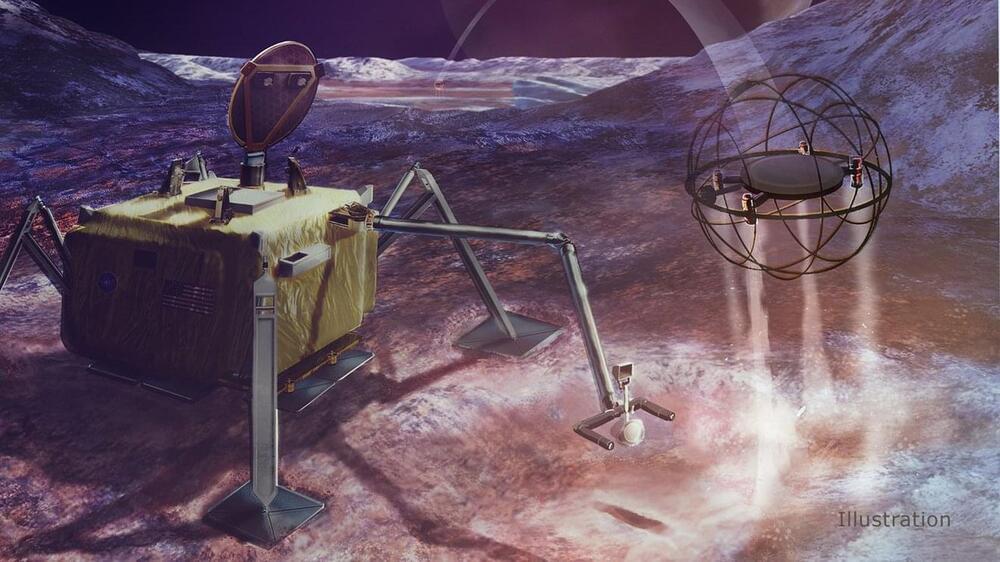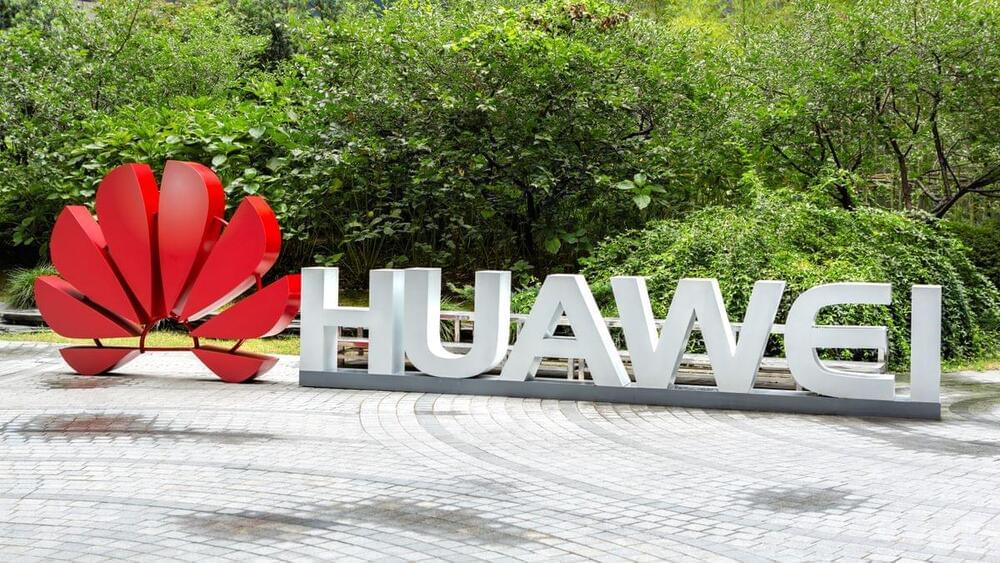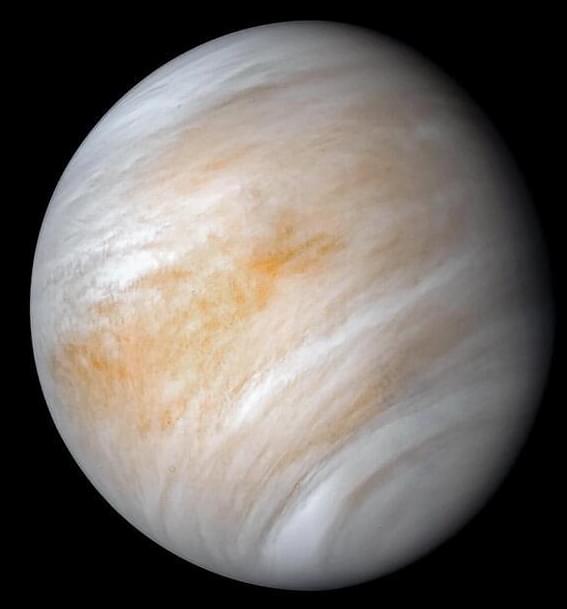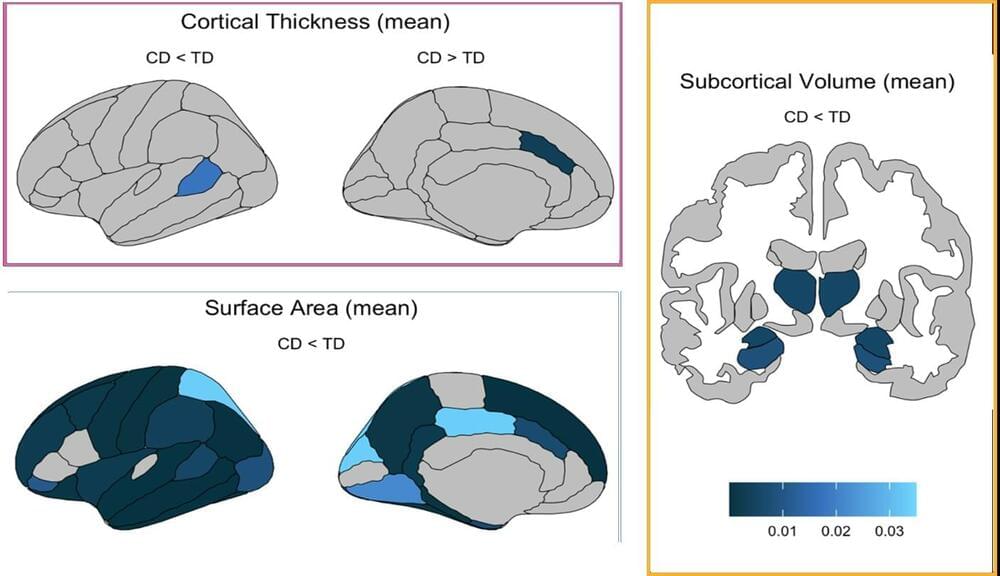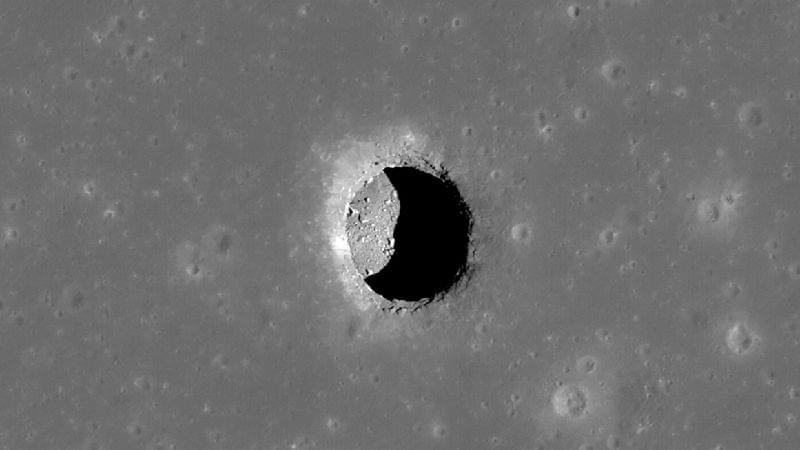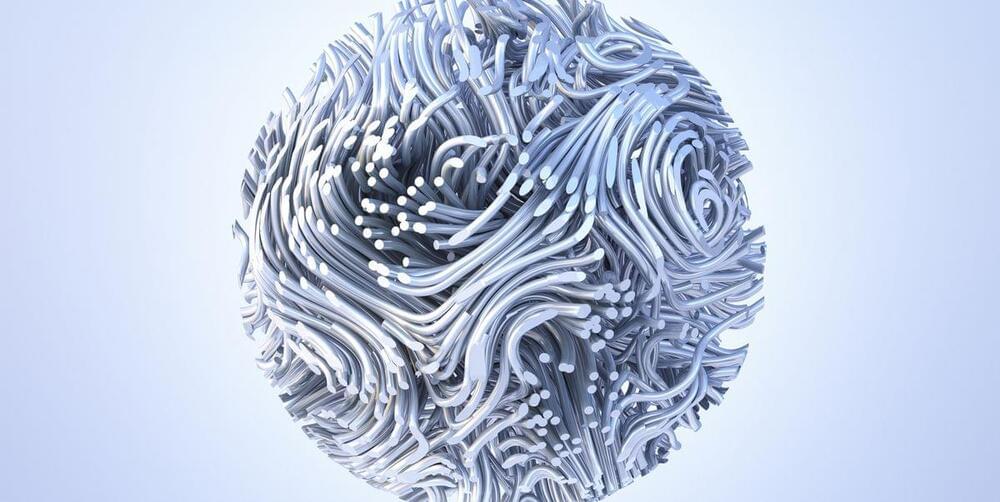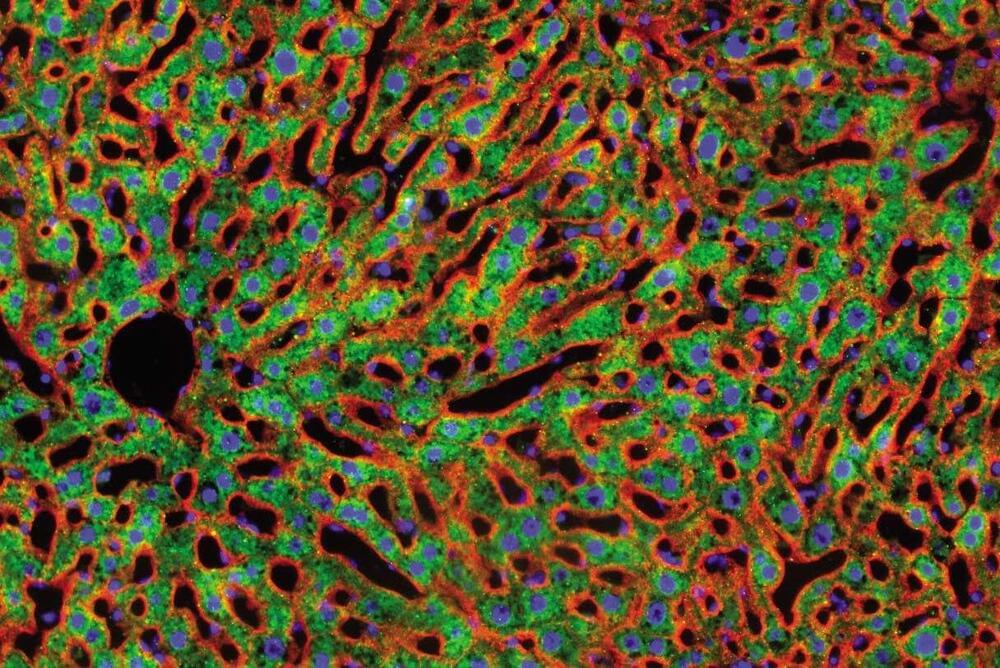Jul 17, 2024
Quantum light unlocks nature’s tiny secrets
Posted by Shubham Ghosh Roy in categories: engineering, quantum physics
Researchers at the University of Michigan have found a way to examine tiny structures, such as bacteria and genes, with reduced damage compared to traditional light sources.
The new technique involves spectroscopy, which is the study of how matter absorbs and emits light and other forms of radiation, and it takes advantage of quantum mechanics to study the structure and dynamics of molecules in ways that are not possible using conventional light sources.
“This research examined a quantum light spectroscopy technique called entangled two-photon absorption (ETPA) that takes advantage of entanglement to reveal the structures of molecules and how ETPA acts at ultrafast speeds to determine properties that cannot be seen with classical spectroscopy,” said study senior author Theodore Goodson, U-M professor of chemistry and of macromolecular science and engineering.
